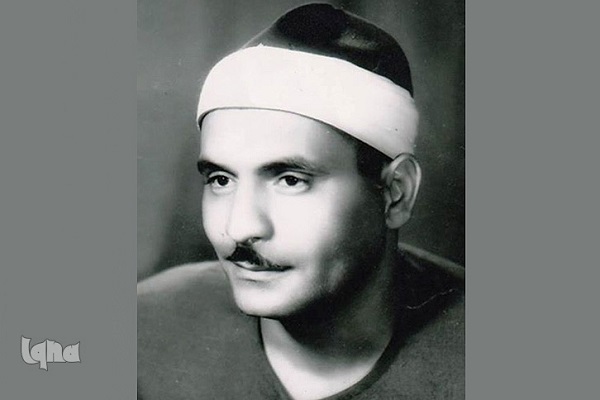Features of Kamil Yusuf's Voice

One cannot simply say that Yusuf was mostly influenced by Sheikh Muhammad Mahmood Rafaat. We can trace Rafaat’s style in Yusuf’s recitation because we have had the privilege of listening to his recitations, however, there are few recitations of Ahmed Mohamed Salama available to us. We also have a few recitations from master Mohamed al-Saifi and we have to listen to them as well so as to have a better judgment. Currently, we can say that there are effects of Sheikh Rafaat’s style in Yusuf's recitations.
Kamil Yusuf had been listening to an authentic Lahn (rhythm). Listening to Yusuf’s recitation, we see that although he is inspired by prominent qaris of his time, he is not an imitator and owns his unique style. Even qaris such as Sheikh Muhammad al-Laisi have drawn influence from him.
The first feature that stands out in Yusuf’s recitations is his Sawt (melodious voice). There must be a strong reason for a qari in Egypt to receive special titles. For instance, Abdul Basit was given the title of “golden throat”. A somehow similar title has been given to Yusuf; “steel throat”. This shows that what distinguishes Yusuf from others was his special Sawt. He had a chanting, flexible, and extensive voice.
Some experts believe that Kamil Yusuf’s voice had 15 levels. However, I spotted more levels when listening to one of his recitations that was performed in Cairo’s Imam Hussein Mosque. When he was coming down from the highest level to the lowest one, his voice had no sign of weakness or shaking. Accordingly, I heard 18 levels from him and this shows the extent of his voice. These levels imposed no pressure on his voice.
Another point is the sadness that lies in the voice of Yusuf. Sometimes we say that a recitation is spiritual as it is based on the meaning of the verses. And sometimes we say that a recitation is sad; it means that the qari performs the recitation in an air of sorrow. This feeling increases the influence of the verse. Qaris such as Rafaat, Minshawi, and Yusuf had this feature in their voice.
This article was part of IQNA's interview with Hadi Rahimi, an Iranian expert and teacher on Quran recitation.


